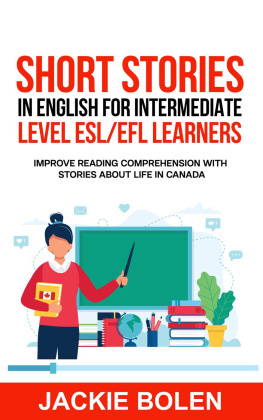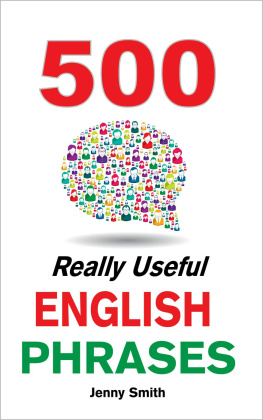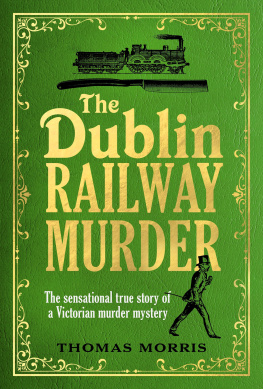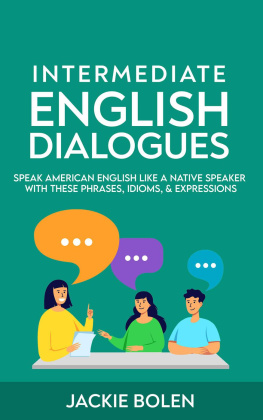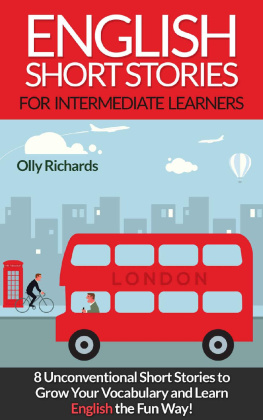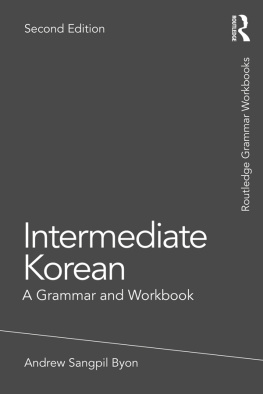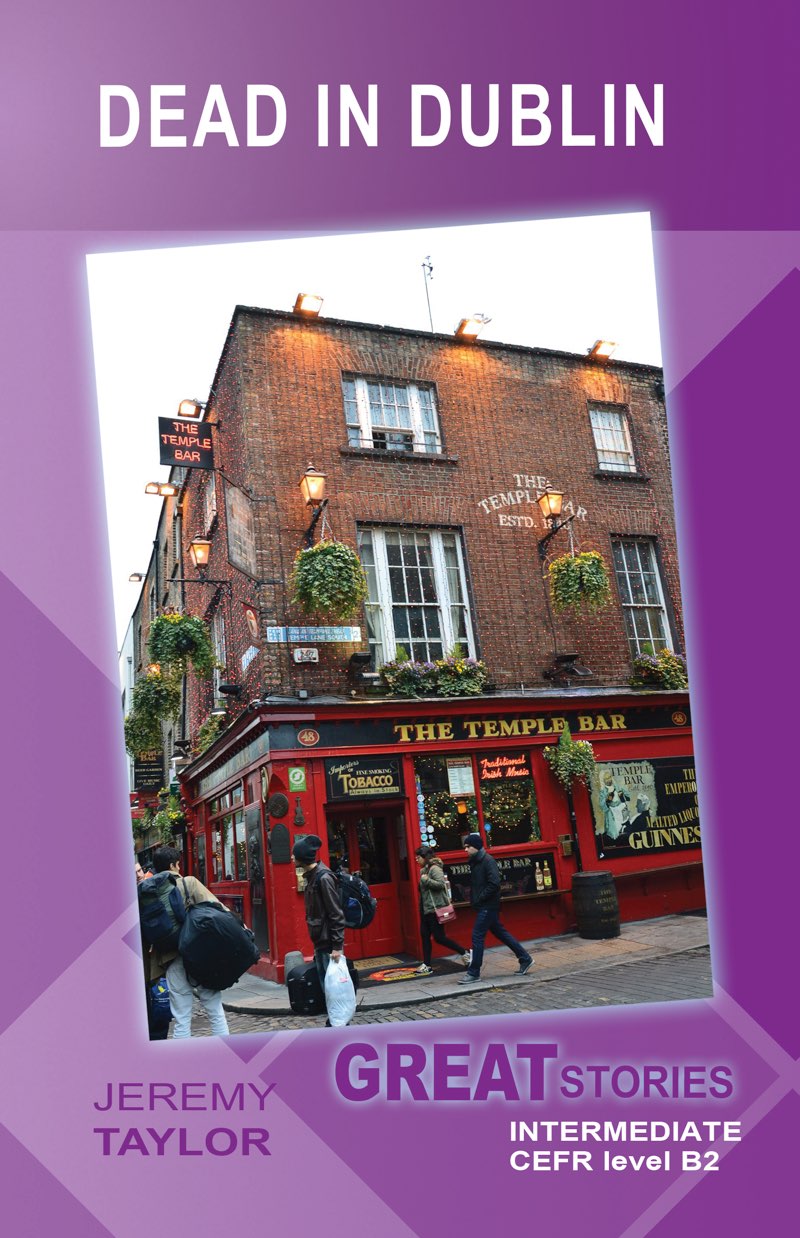Background Information
Dublin is the capital of Ireland. The city, located on the east coast of Ireland and at the mouth of the River Liffey, has existed for over a thousand years. It has seen many ups and downs in its history but is now a modern city with successful hi-tech companies and a strong financial services sector.
Dublin is also a thriving cultural centre famous for its music, sporting venues, and pubs. It is also well known for its writers, Oscar Wilde, James Joyce, and Bram Stoker (the author of Dracula), to name just three.
Although Irish is spoken by some Dubliners, English is the predominant language, and the city is a popular destination for learners of English who want to study and also enjoy everything the city has to offer.
Think about
Use the following questions to discuss with friends or classmates, or just think about them before you read.
Language schools
Many of the characters in this story are connected to a language school, where international students have come to learn English.
- Have you ever attended a language school (separate from high school or university)?
- If you have, what was it like? What did you enjoy? What was challenging or difficult? Did you make any friends? Did you experience any problems?
- If you havent, where in the world would you choose to go to study? Do you have to travel to another country to improve your foreign language skills? What else can you learn or experience at a language school in addition to foreign languages?
Murder mysteries
Useful words and phrases for talking about this topic are used in the discussion questions here and at the end of the story. Can you guess their meaning from context in the discussion questions? If not, you can check a dictionary.
- murder mystery
- detective
- amateur sleuth
- alibi
- red herring
- motive
- commit a crime
- suspect (noun)
You have probably guessed from the title Dead in Dublin that this story is a murder mystery. Someone is killedbut who by? and why?
- Have you read many murder mysteries before (or seen then on TV or at the movies)? What are some stories you enjoyed?
- Who are some famous detectives in literature (for example, Sherlock Holmes)? Have you read any such stories?
- Some murder mysteries feature a police officer or detective, and others feature an amateur sleuthan ordinary person who is trying to solve the problem on their own. Have you read each type of story? Which do you prefer?
- Can you usually guess who committed the crime before the story ends? Do you prefer a mystery that you can figure out, or do you prefer to be surprised?
Challenge
This story is told in the first personthat is, a person is telling the story from his own point of view. He is trying to figure out who the killer is. You, the reader, are challenged to figure it out before he does. As you read, you can take notes. Make a list of all the suspects (people who might have committed the crime) and write about their motives (reasons to commit a crime). Be sure to note if they have an alibi (excuse or circumstance that proves they could not have committed the crime)!
Chapter One
Had had! Ten seconds later, he was dead.
Its not every day that someone dies in my classroom. Then, one sunny November morning, Milan Schwab staggered into my classroom, said Had had, fell on the floor, and died.
Of course, at first we thought it was just a joke. Milan was the joker of the class, and it wouldnt be strange for him to fall over and pretend to be deadonly this time, it was real.
The Irish police, the Gardi, came, asked some questions, and took some photographs and finally the body. Out of respect for Milan, I cancelled the lesson that day. I then went to my favourite pub in the Temple Bar area of Central Dublin for a calming pint and to put my thoughts together.
Interestingly, I had planned a lesson on question forms for that day: How? Where? When? Who? Why? All of those questions were now going through my head in relation to Milan Schwab.
Natural causes? He was only 36, so unless he had a weak heart, that seemed unlikely. Suicide? Doubtful. He was a popular guy, had a good job in his home town, Prague, a loving wife and, from what he told me over a pint of Guinness three days before his death, a gorgeous girlfriend in Dublin. Murder? Although Dublin is a capital city, the crime rate is comparatively low. Besides, who would want to murder Milan?
I thought back to the time when he staggered into the classroom. Had had. Why did he say Had had? He was in my pre-intermediate group, so he hadnt learned the past perfect form yet. I thought about it again. Milan had a very guttural h. When he said had, it actually sounded more like ghad.
Then I had an idea. There was an Egyptian student in an intermediate group a very attractive studentnamed Ghada. Could she be Milans girlfriend? Was it her name he cried out when he died? Was he asking her to help himor was he trying to tell us that Ghada killed him?
Just over a year ago, I applied to join the Philadelphia Police Academy. However, they turned me down because I am completely deaf in one ear. Id had ambitions to become (like about half of young Americans) a top cop, the best detective America had ever seen. Sadly, being able to tell direction of sound is essential to a top cop. So, instead of racing around in fast cars with blue flashing lights, fighting crime in Philadelphia, I trained as an English teacher and left America for Dublin to teach English to a variety of foreignersincluding Milan Schwab of the Czech Republic.
I was surprised that I wasnt more shocked about Milan. Some of the other students in class had cried, and one had been physically sick. Im sure I would have made a good detective. Not all detective work involves chasing bad guys armed with Kalashnikovs. There is also quite a bit of brain power required. Not simply having a very high I.Q. or being able to answer lots of questions on quiz shows; Im talking about a brain that can solve puzzles. A brain that can look at two pieces of information and see a link where other people see nothing. I believe I have such a brain.
It was while I was considering my unique brain that Billy walked in. Billy was another teacher at the school where I worked.
Hi, Billy. Whats new?
The police took the body away. They just called the school with the results of the autopsy. Nothing suspicious.





